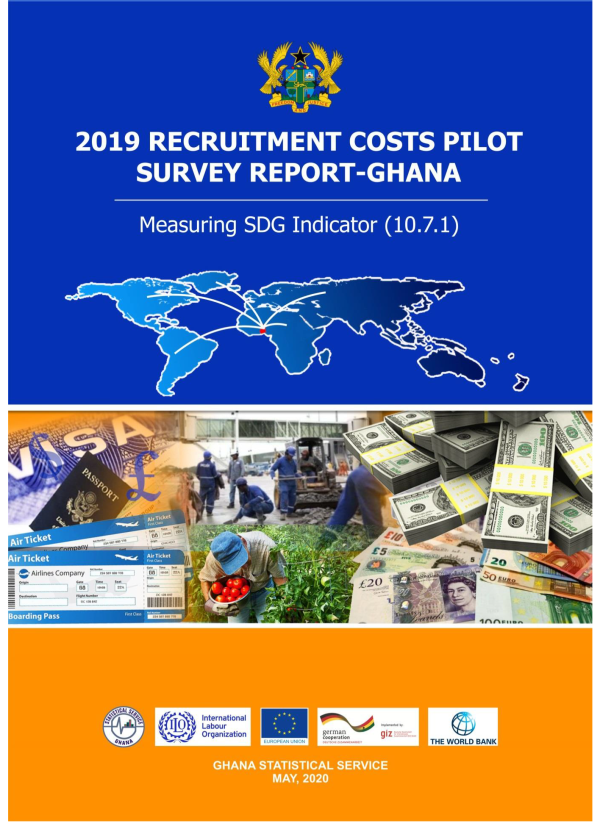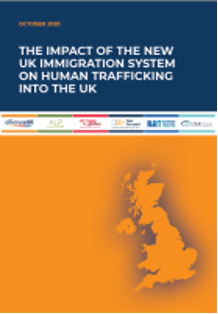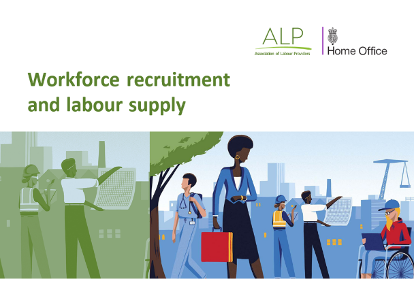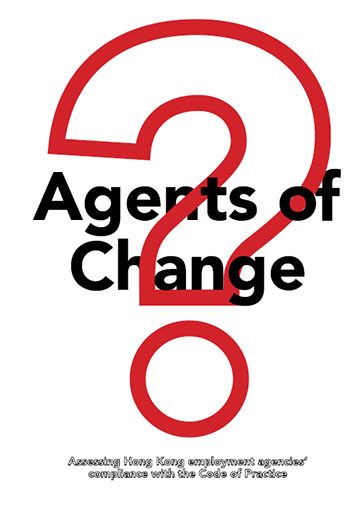2019 Recruitment Costs Pilot Survey Report-Ghana, Measuring SDG Indicator (10.7.1)
This report presents the survey results and examines the recruitment costs, monthly earnings, and Recruitment Cost Indicator (RCI) of migrant workers taking into account their socio-demographic characteristics such as age, occupation, the industry of work, educational attainment, skills, and gender.
In 2019, the Ghana Statistical Service conducted the Recruitment Cost Pilot Survey (RCPS) in four administrative districts, namely, Mampong Municipal, Asante Akim North in the Ashanti Region, and Berekum and Techiman in the Bono and Bono East regions, respectively. The study was mainly designed to pilot an ILO recommended survey methodology to collect data on recruitment costs and monthly earnings of migrant workers from purposely selected districts, in a bid to calculate the SDG indicator 10.7.1 (Recruitment Cost Indicator). This report, therefore, presents the survey results, as it examines the recruitment costs, monthly earnings, and Recruitment Cost Indicator (RCI) of migrant workers taking into account their socio-demographic characteristics such as age, occupation, the industry of work, educational attainment, skills, and sex.
The results of this pilot study show that the survey methodology adopted for this study is suitable for estimating the RCI as required for measuring the SDG indicator 10.7.1. The study shows that the RCI levels, derived from average recruitment costs and monthly earnings for migrant workers, could plausibly be a function of skill level, country of destination, or educational level of the migrant worker. This is because lower levels of RCI could be associated with highly-skilled workers, highly educated migrant workers, and developed countries due largely to commensurate high monthly earnings, a result that resonates with our a-priori expectation.
The Ghana Statistical Service (GSS) implemented the study in collaboration with the International Labour Organization (ILO) with funding from the European Union.
Type of document :
Country/Region : ,
Year of publication :
Theme : , , , ,
The Impact of the New UK Immigration System on Human Trafficking into the UK
This paper explains how the immigration system opens up the potential for human trafficking and exploitation of individuals on a massive scale globally, orchestrated by organised crime gangs, criminals, scammers, profiteers and unscrupulous employers.
Type of document :
Country/Region :
Year of publication :
Theme : , , , , , , ,
Workforce recruitment and labour supply
Produced by ALP in partnership with the UK Home Office, this guide provides specific, practical guidance for all UK recruiters, HR professionals and employers on actions that must and should be taken in respect of their existing workforce and future recruits in response to changes to the UK Immigration system.
Type of document :
Country/Region :
Year of publication :
Theme : , , , , ,
Making Fair Recruitment a Reality!
This video chronicles the ILO’s effort to establish a corridor to recruit fairly workers from Nepal to Jordan to work in the ready-made garment sector. It highlights the power of the various actors in a supply chain to make positive change when they work together to achieve a common objective that benefits each of them.
Type of document :
Country/Region :
Year of publication :
Theme : , ,
Agents of Change? Assessing Hong Kong employment agencies´ compliance with the Code of Practice
This report, based on a survey of over 450 migrant domestic workers, examines the implementation of the Hong Kong government’s Code of Practice for Employment Agencies (CoP), and its impact on the human and labour rights of domestic workers in the territory.
Type of document :
Country/Region :
Year of publication :
Theme : , , , ,
Subscribe to the Fair Recruitment Initiative Newsletter
Sign up to receive news delivered to your inbox.





